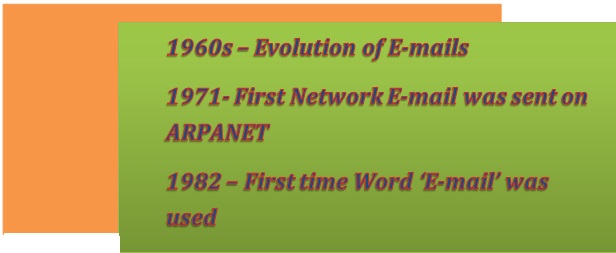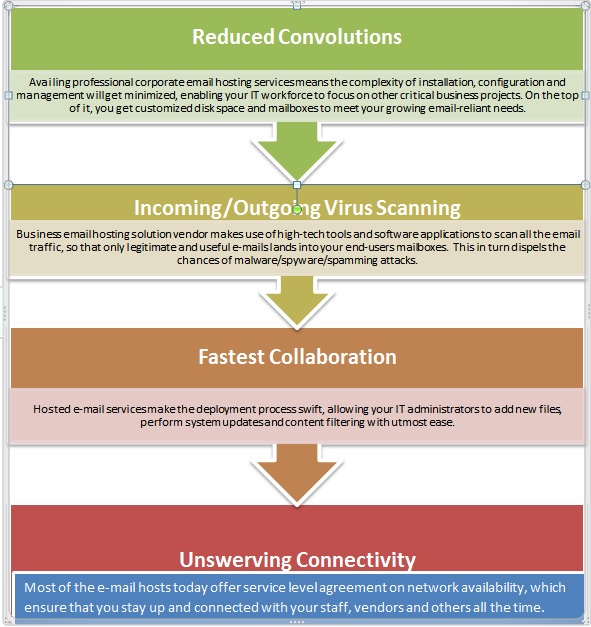Inception of e-mail has indelibly transformed the way conventional communication works. We are on the verge of 21st century where digitalization has taken a long-stretch – helping individuals and organizations to swiftly address their basic and advanced expectations in concord to the country’s economic standards. In line with this, email hosting have played a pivotal role in bringing people and businesses in proximity to each other with the comfort of their homes while boosting collaboration and streamlining overall communication network.
It is no secret that wide availability and rampant adoption of broadband has fuelled e-mails acceptance as a necessary workplace asset, dominating utilization of phone and fax machines in today’s highly competitive scenario. Cost-efficiency and sheer speed are the two major factors driving this growth. Notably, Internet along with e-mail usage have extremely intertwined in business practices that without which existence seems convoluted. However, it has also given birth to a host of security issues demanding SMEs/Enterprises/Startups to keep a vigilant eye on data protection and storage commandments in order to ascertain that incoming/outgoing and stored e-mails are kept out of problematic whirlpools. In addition to this, they need to pay attention to spamming and unsolicited e-mail traffic which often entails server downtime.
Businesses can implement solutions to keep their e-mailing architecture secure and reliable, that is, by pairing e-mail service with avant-garde security solutions that can help mitigate unwarranted security threats including spamming and malware intrusions out end-users mailboxes. Foreseeing the future of email hosting solutions , most of the web hosting providers offering dedicated server hosting, VPS hosting, and Shared hosting have added this as a part of their offerings.
In-House E-mail Hosting vs. Hosted E-mail Services
It solely depends on businesses to decide whether they want to manage and maintain the server in-house or will move it off-site. Hosting e-mail server onsite is still very popular, however it brings with it maintenance and management overhead costs.
Benefits of Using Hosted E-mail Services
Using hosted e-mail solutions can help companies to cut on their total cost of ownership, reduce management/maintenance complexities, and efficiently meet compliance and performance mandates.
Closing Lines: E-mail hosting can help companies to mitigate security breaches, intrusions while keeping performance and reliability at its peak.






 Live Chat
Live Chat


